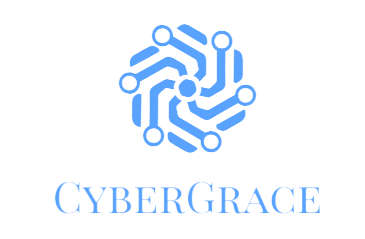AI is the technology that most people think will have the most significant impact across many businesses soon. It will change measures of efficiency and the way companies do marketing. In light of the recent pandemic, it can also change the way businesses create and execute continuity plans. Almost all aspects of business will change, and this is across many industries and sectors.
Doing jobs better and faster
AI, in conjunction with robotics, will be able to perform more complex tasks more quickly, accurately, and much more cost-effectively. At the moment, AI can work well with humans to improve efficiency, such as controlling logistics in warehouses.
However, as AI models improve and computational power increases, it is likely we’ll have AI that can take on much more sophisticated work. Imagine an AI machine that can diagnose illness and carry out the necessary surgery. We already have the first part. Studies have shown that computers are better than doctors at detecting forms of illness from scans. We’re still some way from having completely automated surgical doctors, but AI-powered robotics can already handle complex tasks, so it might not be long until our surgeons are all AI.
Customer service and engagement
We’ve all heard the annoying number selection options when we call a service and are put through to a recorded voice guiding us through our selections. We recognize that we are not talking to a human and just wait for the options to roll on slowly. Often, we wish that we could just get straight to a human who can just address our issue quickly, will immediately understand our situation, and has the power to fix the problem. At the very least, they should be able to provide us with a good explanation.
AI is reaching the point where conversations, at least typed ones, between a human and a machine are indistinguishable to the human from a conversation between them and another human. But again, advances in AI mean that we can expect text-based communications to improve. Alexa and Siri are just the first manifestations of much more sophisticated interactions that will come.
 Marketing strategies and tools
Marketing strategies and tools
Analytical tools that measure who is buying your product, where they are located, when they buy, and how often is already in place. The technology has been around for a while; your loyalty card for your supermarket is one. Now, AI will make that data gathering and analysis much more sophisticated.
Could AI, for example, create and run an SEO marketing campaign? AI already has tools that can analyze big data. It can learn, so it can improve its keyword search strategies, and now AI is also able to write some reasonably convincing copy. It can create reports and even forms of fiction. In parts, AI now has all the elements to create and run a marketing campaign. Again, at the moment, it would probably not be as good as one done by humans, but given that a core element of AI is how quickly it can learn, we might not be far off from AI-controlled advertising and marketing. Just as we are almost entirely AI in the stock exchange.
The issue of job losses is one of the most significant question marks that looms over the emergence of AI. Yet it cannot be doubted that AI, because of its benefits, will become much more integral to the world of business and work. It will become essential to all aspects of life.

